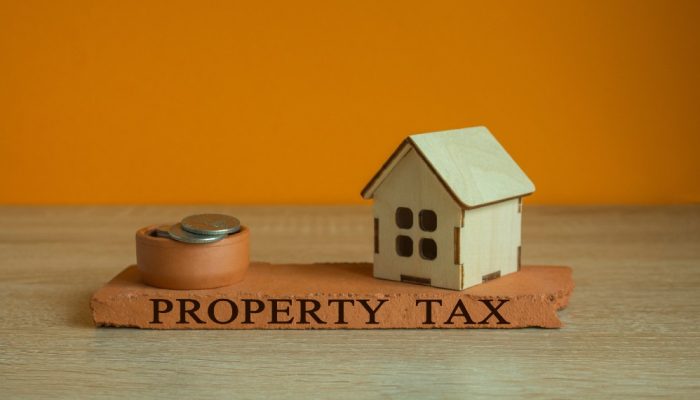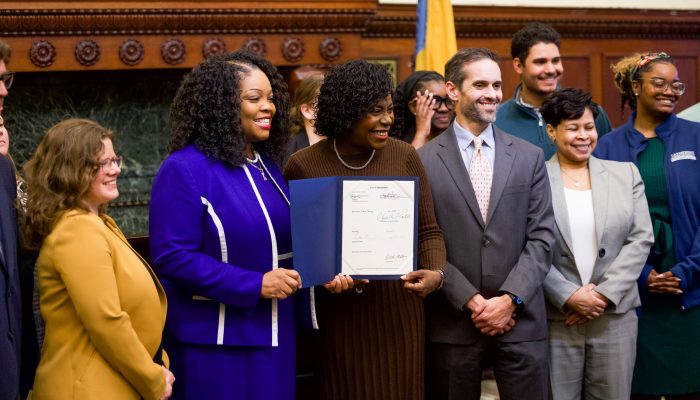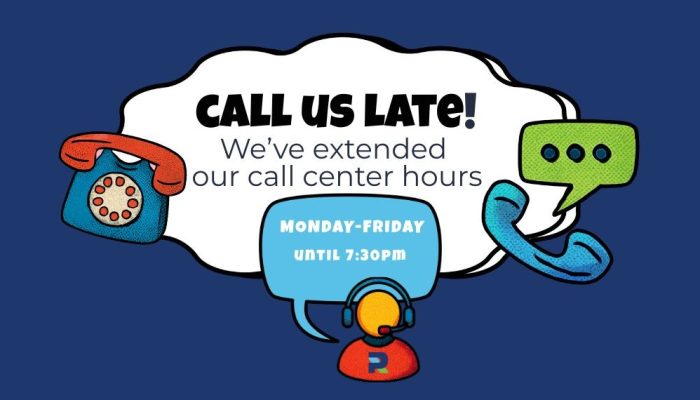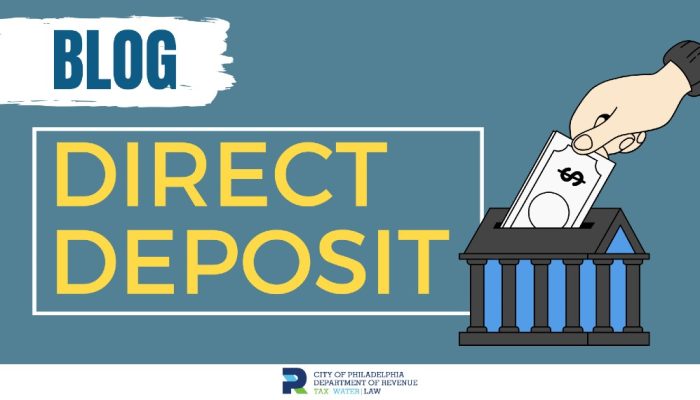What if my mortgage company does not pay my property taxes? We get great questions like this every day from homeowners. So we put together this blog post to help you understand what you need to do:
You owe Philadelphia’s Real Estate Tax if you own a property in the city. As a homeowner, it’s your responsibility to ensure the tax is paid—and on time. Many mortgage lenders set up an “escrow” account that you pay into each month when you pay your mortgage. Then your lender uses that account to pay your annual Real Estate Tax bill. Understand that not all mortgage companies set up escrow accounts to pay property taxes. Your taxes are therefore your responsibility. If you’re unsure about your situation, you should check with your lender.
Never be afraid to ask
If you’re buying a new house, refinancing, or have a mortgage, be sure to ask your lender if they escrow your property taxes. If the answer is “yes,” your taxes are probably already included in your mortgage payment. In this case, you won’t get the property tax bill from us; it’ll go directly to your mortgage company.
Nevertheless, if your mortgage company doesn’t collect and pay the tax for you, you’re responsible for paying it by the March 31 deadline.
Make sure you pay on time
It’s the best way to avoid extra charges and a Sheriff Sale, which is always a last resort. The Department of Revenue’s main goal is to ensure tax compliance while providing relief to financially distressed Philadelphia households.
Philly’s property taxes are due each year on March 31 and are based on a property’s assessed value, which is determined by the Office of Property Assessment (OPA). You can pay online, which is the easiest, by mail, by phone, or in person at any of our three municipal services centers.
The Department of Revenue mails property tax bills every December. Check your balance, pay, or print your payment voucher online at tax-services.phila.gov. You just need your property address or OPA number.
Ways to save on your bill
Having a mortgage doesn’t mean you can’t apply for property tax assistance. You can benefit from several relief programs available to owner-occupant homeowners. There’s the Active Duty Tax Credit for military servicemembers, the Longtime Owner-Occupants Program (LOOP), and the tax freeze programs for seniors and low-income homeowners.
Better yet, all homeowners qualify for the Homestead Exemption. The program reduces a property’s assessed value by $100,000, saving homeowners up to $1,399 a year. You can apply online in just a few minutes. You only have to apply once!
If you don’t qualify for assistance, you should call (215) 686-6442 and ask about setting up a payment plan. We offer a range of options with flexible terms.
If you don’t pay
You’ll be charged monthly interest if you don’t pay your property taxes by March 31. A collection agency and the Department of Revenue may send you bills at this point. If you still don’t pay or enroll in a payment agreement by December 31, your account becomes delinquent on January 1 of the following year.
After January 1, you will be charged monthly interest and penalties, and the City may place a lien on your property and add legal fees to your account. Things can even get worse, and you could lose your property at a Sheriff Sale.
Whether you just inherited a property, refinanced, or are a new homeowner in the city, it’s important to understand what your monthly mortgage payments cover and how to avoid falling behind on property taxes.




